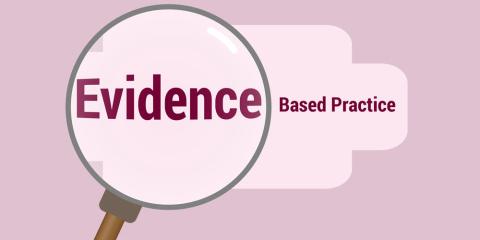Research: a way to gather evidence for your practice

Evidence-based practice (EBP) is the delivery of services based upon research evidence about their effectiveness; the service provider’s clinical judgement as to the suitability and appropriateness of the service for a client; and the client’s own preference as to the acceptance of the service. EBP is fast becoming a service delivery norm among many professions. Though its origin is credited to medical practice, EBP has become an important part of many other professions such as nursing, allied health services, mental health, community health, social work, psychology and teaching. It is now being promoted as an acceptable and scientific method for policy formulation and practice assessment.
The concept of EBP encourages professionals and other decision-makers to use evidence regarding the effectiveness of an intervention in conjunction with the characteristics and circumstance of a client and their own professional judgement to determine the appropriateness of an intervention when providing a service to a client. In this age of accountability, you as a professional must be accountable to your clients as well as your profession. It is as a part of this accountability that you need to demonstrate the effectiveness of the service(s) you provide.
Research is one of the ways of collecting accurate, sound and reliable information about the effectiveness of your interventions, thereby providing you with evidence of its effectiveness. As service providers and professionals, we use techniques and procedures developed by research methodologists to consolidate, improve, develop, refine and advance clinical aspects of our practice to serve our clients better.
Ranjit Kumar "Research methodology. Step-by-step guide for beginners".





